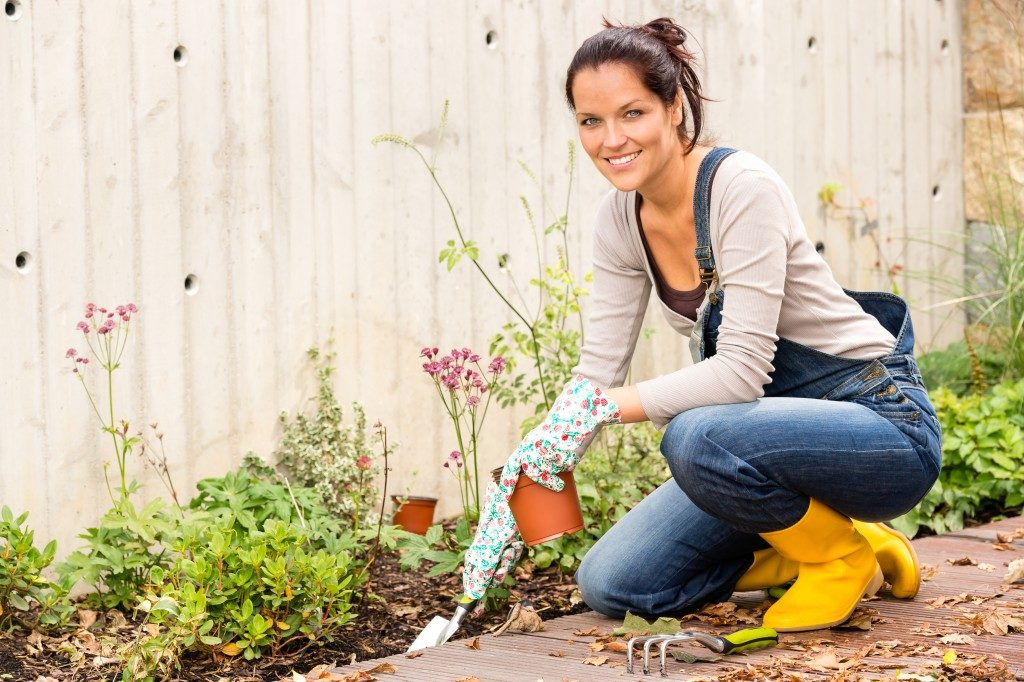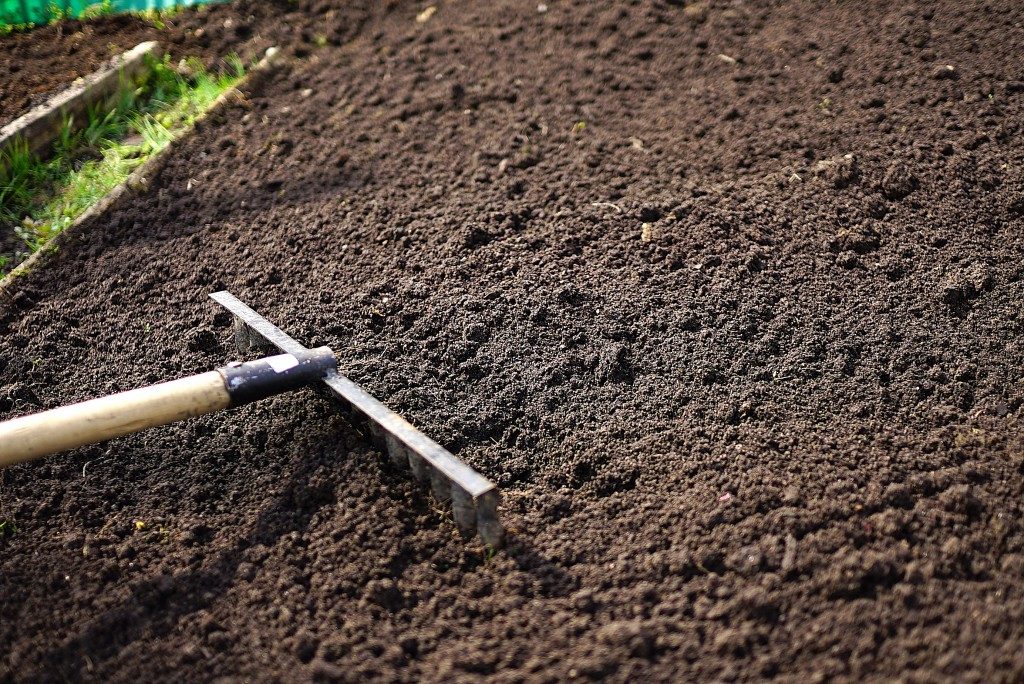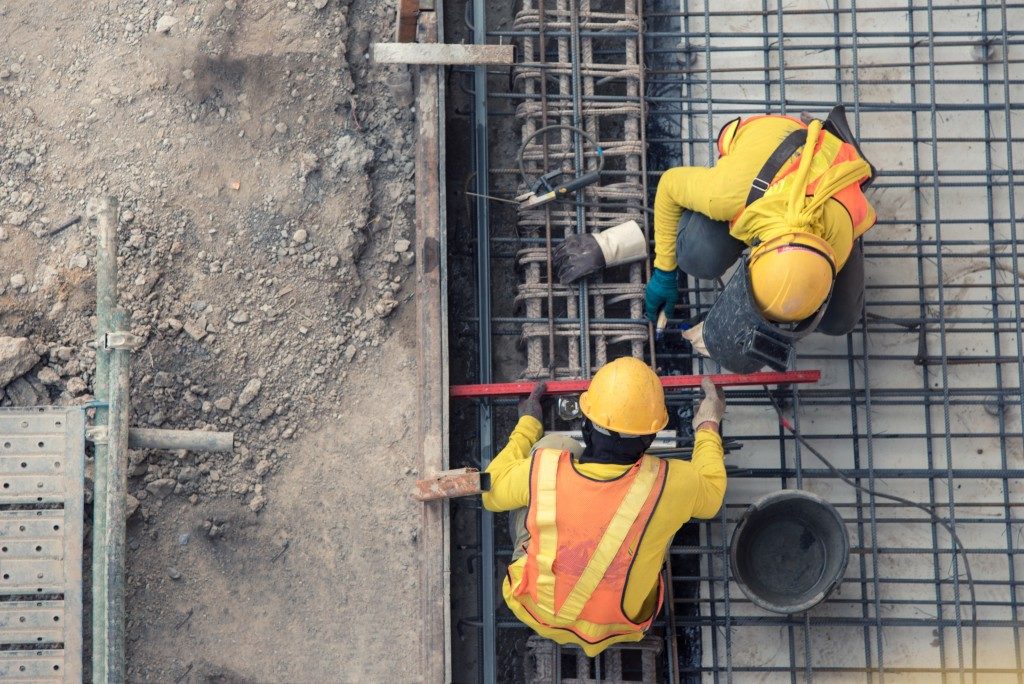Gardening is indeed a rewarding hobby. If you want to grow your garden into full bloom, however, it’s time to weed out the bad gardening practices.
In the United States, gardening is probably one of the most enduring hobbies of all time. Parents pass along their love of horticulture to their children, who then pass along to the next generation. Part of sharing that love for tending and growing plants, however, are pieces of gardening advice that cause more harm than good.
If you want to grow your garden into full bloom, it’s time to weed out the bad gardening practices.
Wilting automatically means the soil is dry
Those who are new to gardening can be forgiven for thinking that wilting plants means the soil is dry. This could lead to them watering the plants too much, which could fill the space between soil particles and suffocate the roots. When that happens, the wilting could become worse.
The truth is anything that damages the root can cause the plants to wilt, even too much water. Sprinkler repair experts in Draper, Utah often suggest checking soil moisture regularly. There could be leakage from your watering system, flooding the soil below ground.
Wilting or not, they also say it is always better to have your watering system checked regularly.
You don’t need to water drought-tolerant plants
Drought-tolerant plants are a must for many garden-owners as they can thrive in hot weather. But while they may last longer without water than most plants, this doesn’t mean that you can skip watering them altogether.
Again, the key here is to check soil moisture regularly. Most require watering just once a week. But it is good to keep a regular schedule when it comes to watering them.
Put gravels for better drainage
Many gardeners put gravel or pieces of pot at the bottom of the containers, thinking that it makes for better drainage. On the contrary, doing so might cause the roots to rot as water builds up at the bottom, restricting plant growth. Also, with an added layer of gravel, the pool of water moves higher up the pot where it could damage the root more.
If you want better water drainage, make sure the container has a hole in the bottom. Put a stone at the bottom only when you are not sure if the compost will not drain or fall out through the hole as well.
Organic fertilizers are not dangerous

Nowadays, people tend to believe that anything labeled organic is better for the environment. In gardening, however, organic doesn’t necessarily mean good, especially when it comes to fertilizers.
Some natural fertilizers have active ingredients that are actually harmful to people and pets, and even beneficial bees and ladybirds. If you are keen on using one, be sure to know how potent the active ingredients are and how their potential effects on you and the environment.
Gardening is truly a rewarding hobby, but what makes it more truly rewarding is when you can pass that love along to the next generation. By avoiding these bad gardening practices, you can ensure that the next generations will know how to better take care of plants and at the same time cultivate a love of horticulture.


